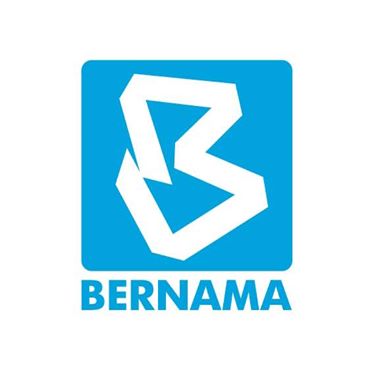Government shouldn’t prioritise BlackRock over national interests
1 day ago
By Rosli Khan
The proposed expansion of the KLIA and KLIA2 airport terminals, aimed at nearly doubling their current capacities, though ambitious, is being justified as necessary by Khazanah to accommodate Malaysia’s growing aviation demands.
However, this expansion plan raises serious questions about the financial structure involved and ethical concerns about the use of public funds.
Malaysia Airports Holdings Berhad (MAHB) is no longer a fully public entity.
Following partial privatisation, foreign entities, including investors linked to BlackRock, the world’s largest asset management firm, now own a share of MAHB.
It would therefore be inappropriate for the government to allocate public funds to finance the expansion of an airport operated by a profit-driven, privatised entity.
Who really benefits?
Through concession agreements with the Malaysian government, MAHB has been granted the right to operate public-owned airport infrastructure for the next four decades.
This arrangement has allowed the company to prioritise profitability, a natural consequence of its status as a private corporation.
But once airport infrastructure falls into private hands, revenue from operations primarily serves two purposes: covering operational costs and rewarding shareholders through dividends.
Public funds derived from taxpayers should not be used to pay for airport expansions that ultimately lead to an increase in dividends for private shareholders, especially foreign entities.
The financial burden of any airport infrastructure development, once privatised, must fall squarely on private stakeholders, not the government or the public.
MAHB, together with their new shareholders, must assume the responsibility of raising funds for the expansion as the needs arise, and not rely on the government for financial support.
Private premium terminal
One of the key features of the proposed expansion is a private premium terminal, catering to elite clientele with private jets.
This concept raises concerns about exclusivity, especially if public resources are used to fund it.
In an apparent attempt to offset the elitist nature of the project, a Hajj and Umrah terminal has been included in the plan.
However, this does little to mask the underlying inequity. Is it really that necessary?
A low-cost airline hub and a premium terminal for private jets are contradictory in purpose and audience.
Khazanah seems to be embracing this imbalance, despite the social and economic disparity it represents.
Contrast this with Singapore’s model, where Changi Airport serves all airlines and passengers, while Seletar Airport handles private jets.
Malaysia could adopt a similar approach, allowing KLIA and Subang Airport to coexist and cater to different market needs without forcing an illogical mix under one roof.
Risks of privatisation
Unless the government reconsiders its policy of allowing 30% foreign equity in MAHB, it faces several regulatory challenges, including:
Malaysia’s aviation growth strategy must be guided by ethical and sustainable principles.
It should include and support the creation of domestic aviation employees, training in both technical and management fields and participation of local companies in providing aviation services.
The industry should not become a tool for private financial gain at the expense of taxpayers, domestic airlines or public employment and services accessibility.
If Khazanah is truly committed to national interests, it must prioritise public benefit over shareholder dividends and ensure that airport infrastructure serves all Malaysians equitably. – Free Malaysia Today
Rosli Khan, a traffic planning consultant, has a masters in transport planning and a PhD in transport economics from Cranfield University in England.
...Read the fullstory
It's better on the More. News app
✅ It’s fast
✅ It’s easy to use
✅ It’s free









